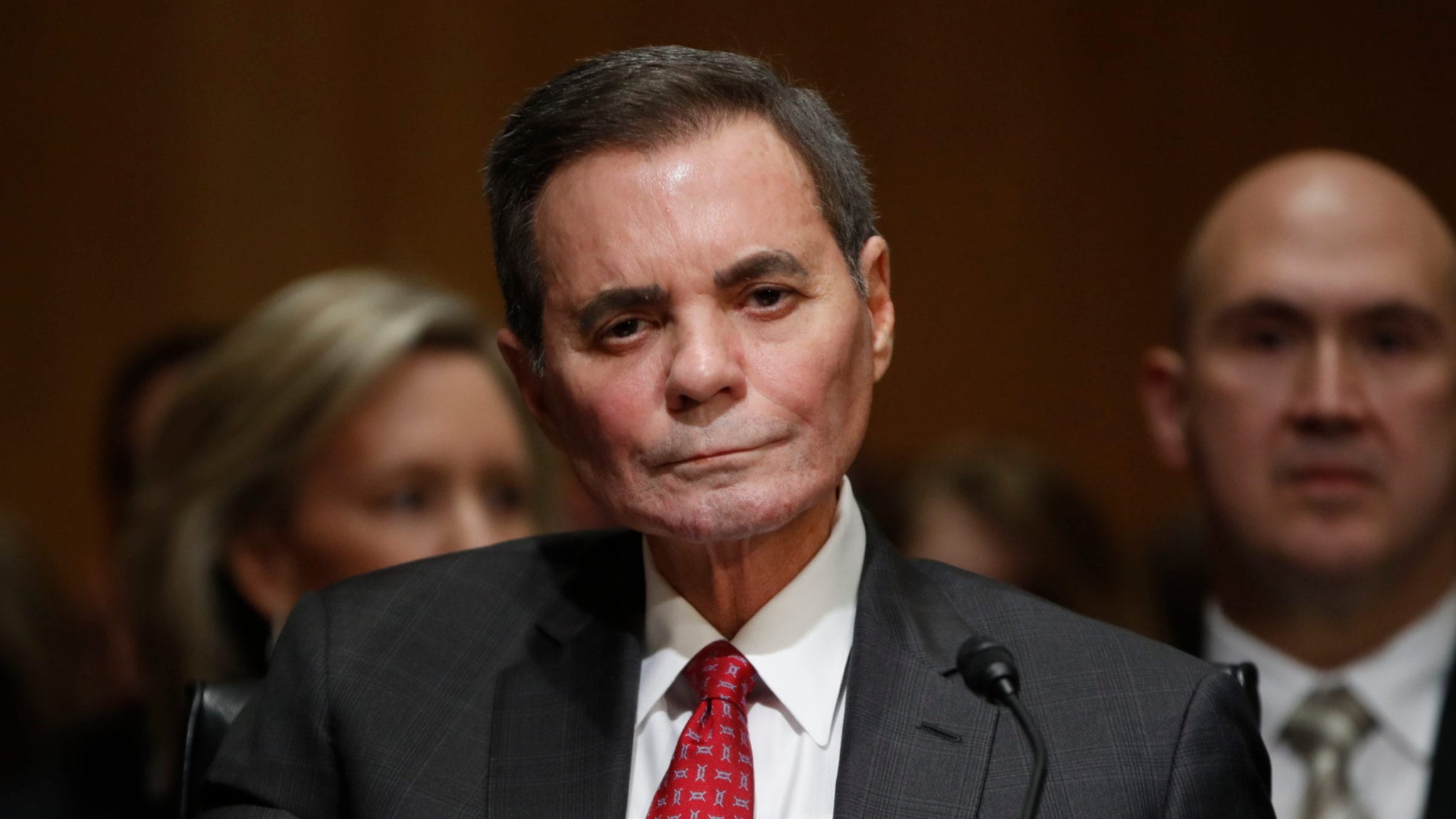
Rick Gonzalez, AbbVie CEO (AP Images)
'What’s wrong with having lots of patents?' Federal appeals judge sides with AbbVie in Humira case
A federal appeals court ruled in AbbVie’s favor on Monday, upholding an Illinois court’s decision to dismiss allegations that the pharma giant created an unlawful …
Sign up to read this article for free.
Get free access to a limited number of articles, plus choose newsletters to get straight to your inbox.